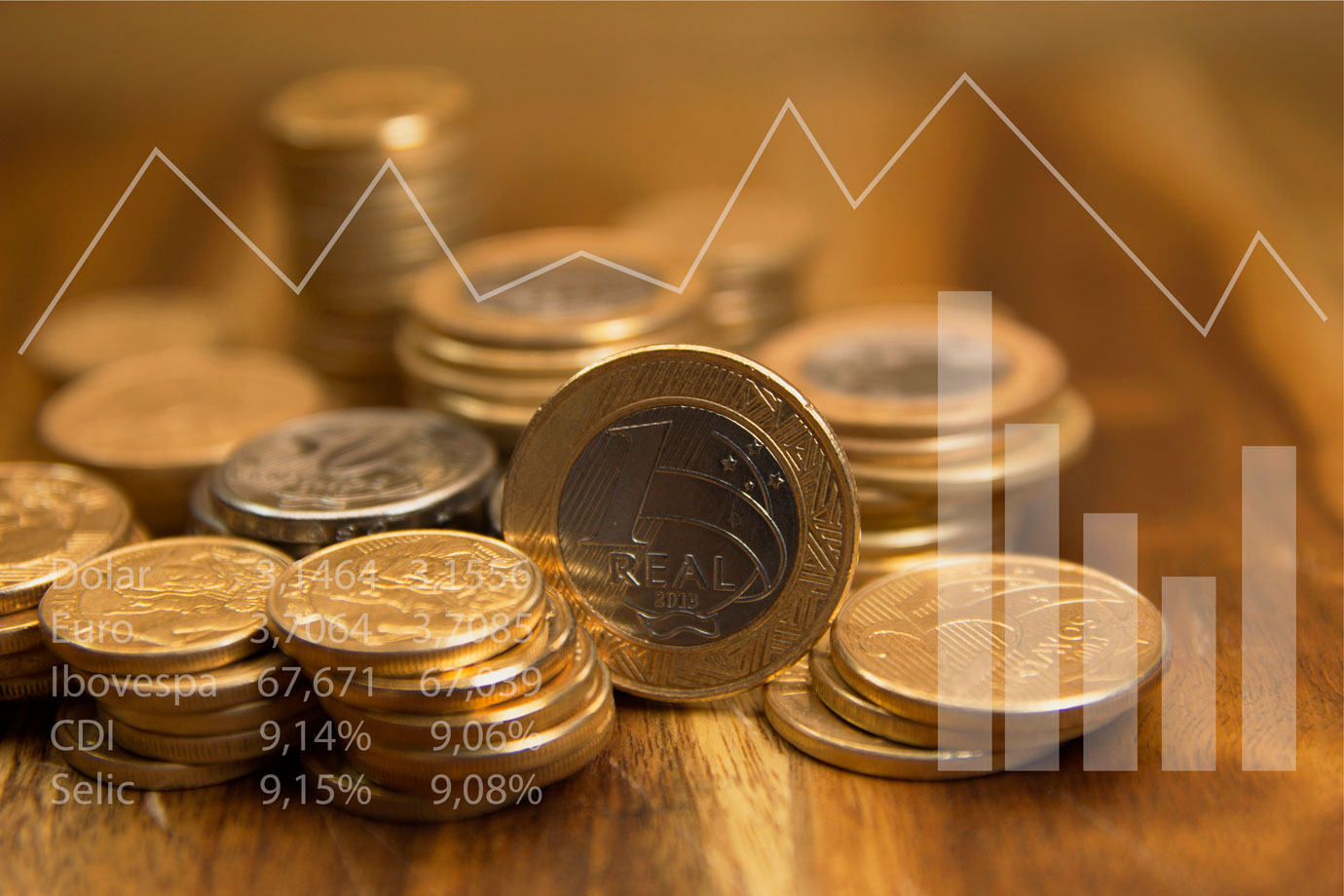RIO DE JANEIRO, BRAZIL – The coronavirus pandemic will lead to a fiscal deterioration in countries worldwide and a dramatic increase in their public debt.

According to an IMF (International Monetary Fund) report released on Wednesday, April 15th, Brazil’s gross debt is expected to increase by almost ten percentage points in 2020 and reach 98.2 percent of the GDP (Gross Domestic Product).
This is the highest level among emerging economies, which renders the country even more vulnerable to external crises and shocks.
However, this new moment will also lead to an increase in public deficits and debts outside Brazil and the emerging economies, and will affect all countries in the world. The projection is that the world’s gross debt will increase 13 points and reach 96.4 percent of GDP in 2020.
Last year, Brazil’s gross debt was 89.5 percent of GDP, but the sharp increase for this year, says the IMF, is a reflection of the drop in production and revenue resulting from the pandemic and the need to increase spending mainly on health and emergency services.
Mexico will reach a debt of 61.4 percent of GDP this year, well below the Brazilian rate, and Latin America as a whole will stand at 78 percent.
The Brazilian government disregards Treasury bonds held by the Central Bank and estimates the country’s public debt at between 75 and 80 percent of GDP at present. Due to the difference in criteria, therefore, it is impossible to draw any comparison with the data released by the IMF.
In its October 2019 Fiscal Monitor report, without the pandemic in its projections, the Fund estimated that Brazil’s debt would reach 93.9 percent of GDP in 2020, with a peak that would be reached in 2022, at 95.3 percent, below the level expected to be reached this year.
The rebound would only come after 2024, but now the scenario is even more uncertain and the fiscal and economic recovery is dependent on several other factors linked to the length and severity of the pandemic.
In an effort to tackle an unprecedented crisis, the most serious since the 1929 Great Depression, countries need to redirect their spending and fiscal policies to “save lives” and “people and businesses most affected” by the pandemic, says the IMF. Policies to encourage activities are no longer desirable in various sectors, for instance, at a time when the social isolation and distancing rules are in place.
Faced with these and other challenges, the gross debt in developed economies should also skyrocket: the index will reach 122.4 percent in 2020, compared to 105.2 percent in 2019.
The world’s two largest economies, the US and China, will also experience a considerable surge in their gross debt. In the US, the index will rise from 109 percent of GDP last year to 131.1 percent this year, while in China the figure will increase from 54.4 to 64.9 percent.
The Fund also mentions “a necessary and appropriate increase in deficit” as governments need to redirect their spending and develop fiscal policies to act in the face of the pandemic, but alerts to the difficulty of emerging countries, such as Brazil, to bounce back after the crisis.
“While the considerable increase in these deficits this year is necessary and appropriate, the most worrying situation is for vulnerable, emerging and developing markets that face multiple shocks in addition to the pandemic, such as abrupt worsening financing conditions, declining external demand -such as commodity exporters,” the report says.
“Even after the global effort to ease financing constraints, these countries will need to redirect their spending to health rather than other services.
In the Global Economic Outlook, released on Tuesday, April 14th, the Fund projected a three percent downturn in the global economy and projected a 5.8 percent rebound in 2021 should the pandemic improve by the second half of 2020.
In Brazil, the projected retraction was 5.3 percent for this year and the expected rebound in 2021 was 2.9 percent.
The Fund’s estimate is that spending on health care and aid measures for people and businesses will also have fiscal costs, currently estimated at US$3.3 trillion worldwide. Loan plans, equity injections, and guarantees total US$4.5 trillion.
The G20 economies, for one, have already offered fiscal support measures that reach 3.5 percent of GDP on average, the largest incentive since the 2008-2009 financial crisis.
In France, Germany and Italy, countries heavily impacted by the novel coronavirus, spending was over ten percent of GDP on aid packages, including loans.
Brazil, in the agency’s projection, spent approximately 2.9 percent of GDP on actions to tackle the pandemic.
The Fund explains that countries must redirect spending to measures aimed at reducing infections and finding treatments and vaccines to achieve what should be the world’s priority today: saving lives.
Source: Folhapress

